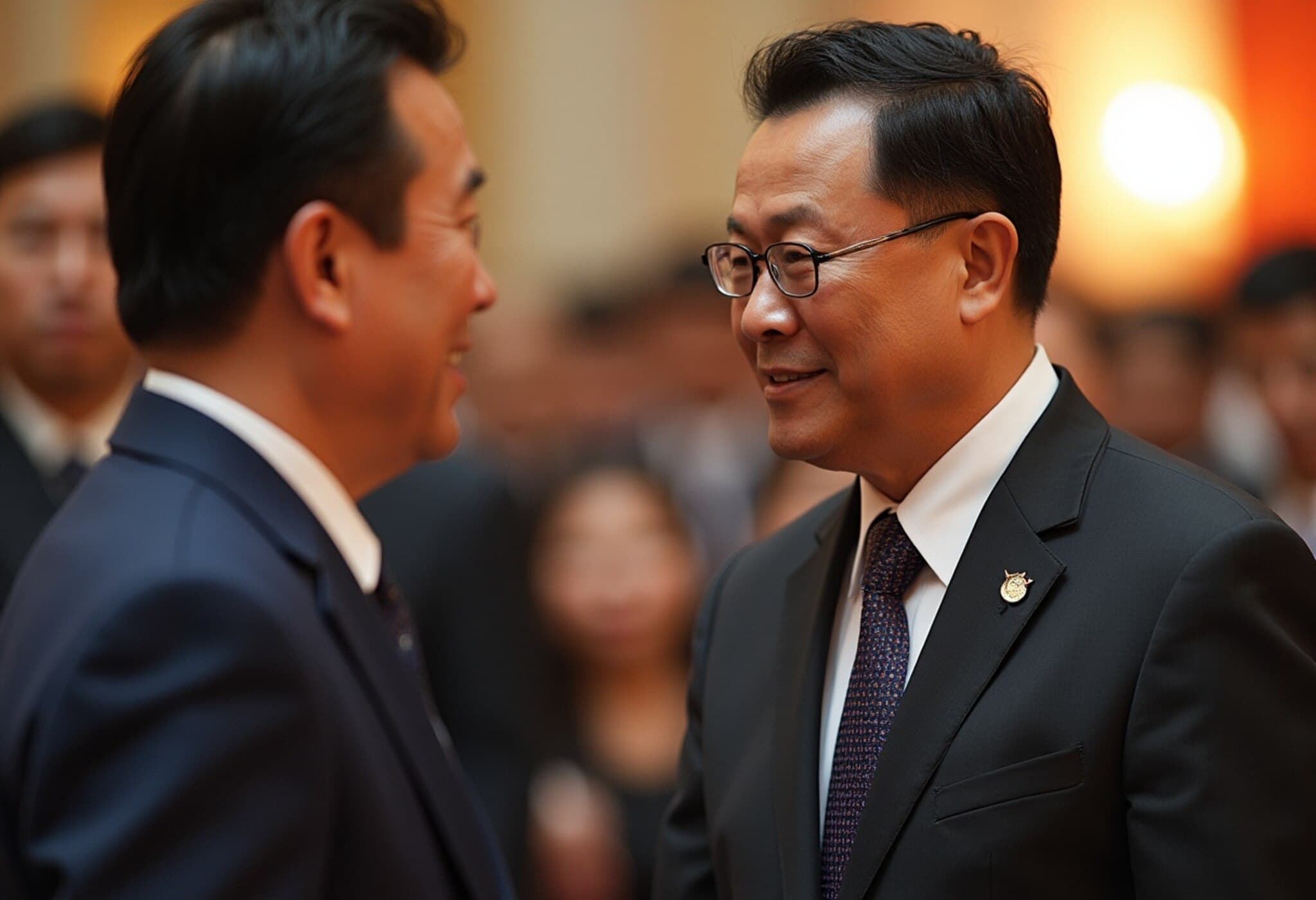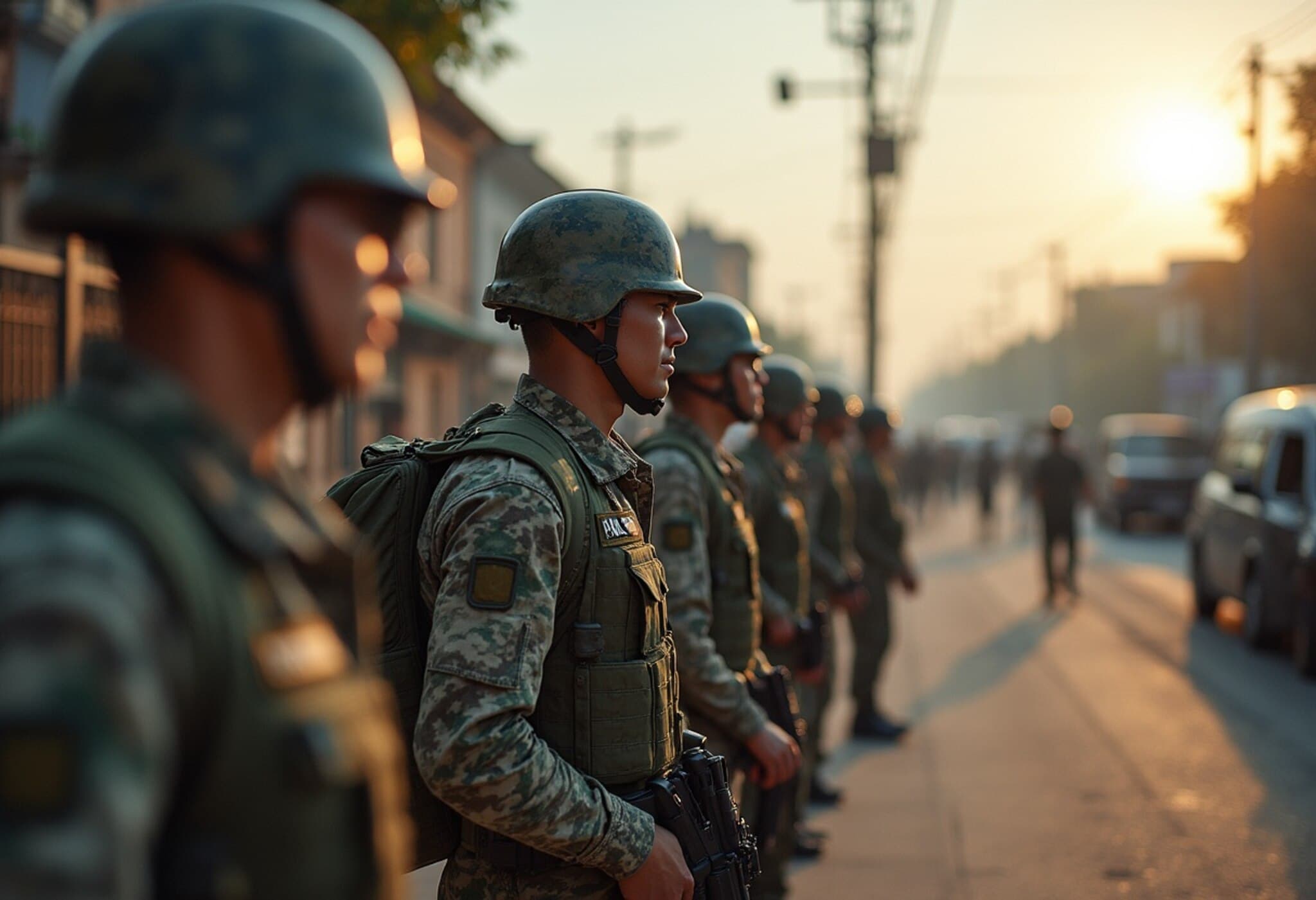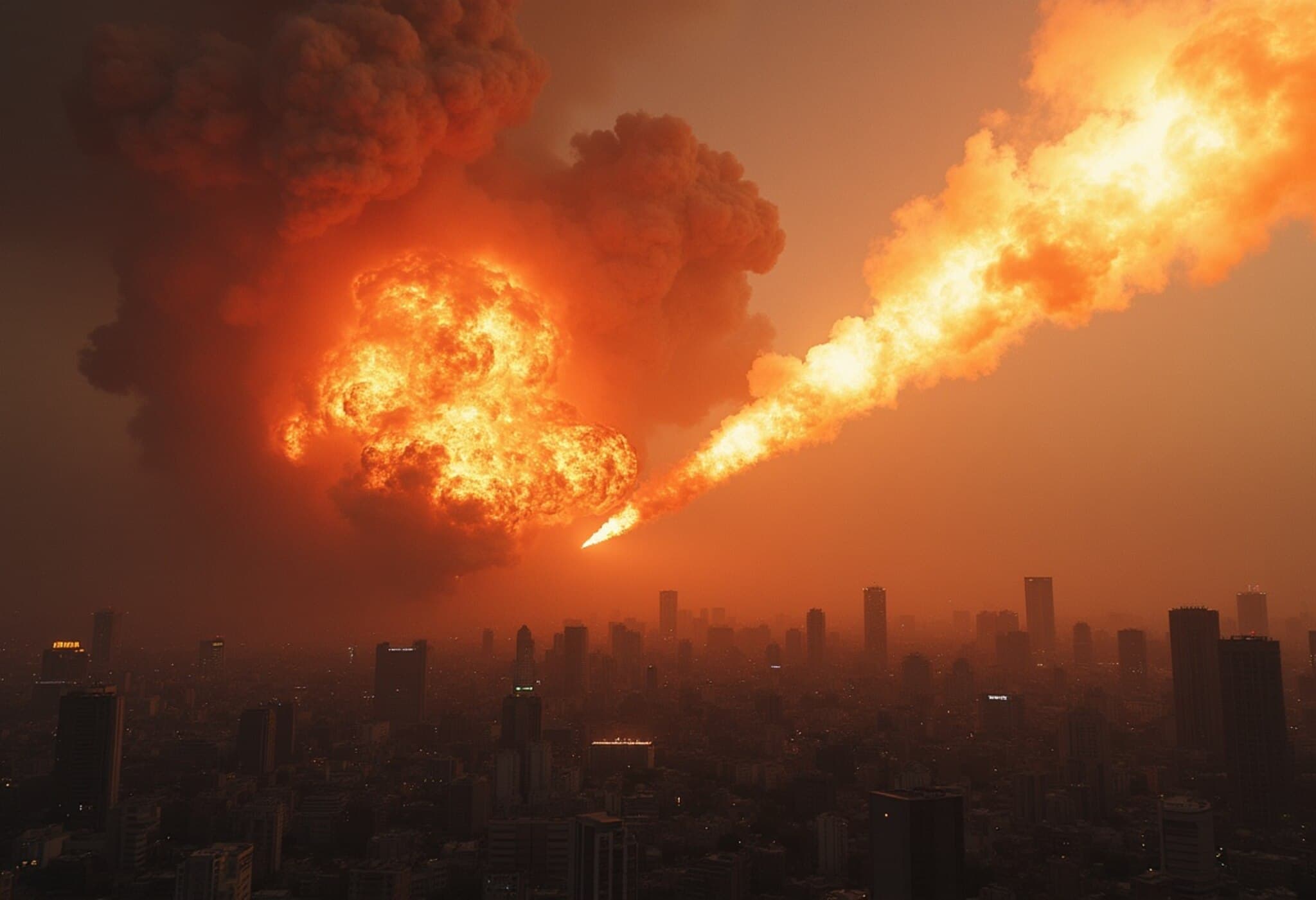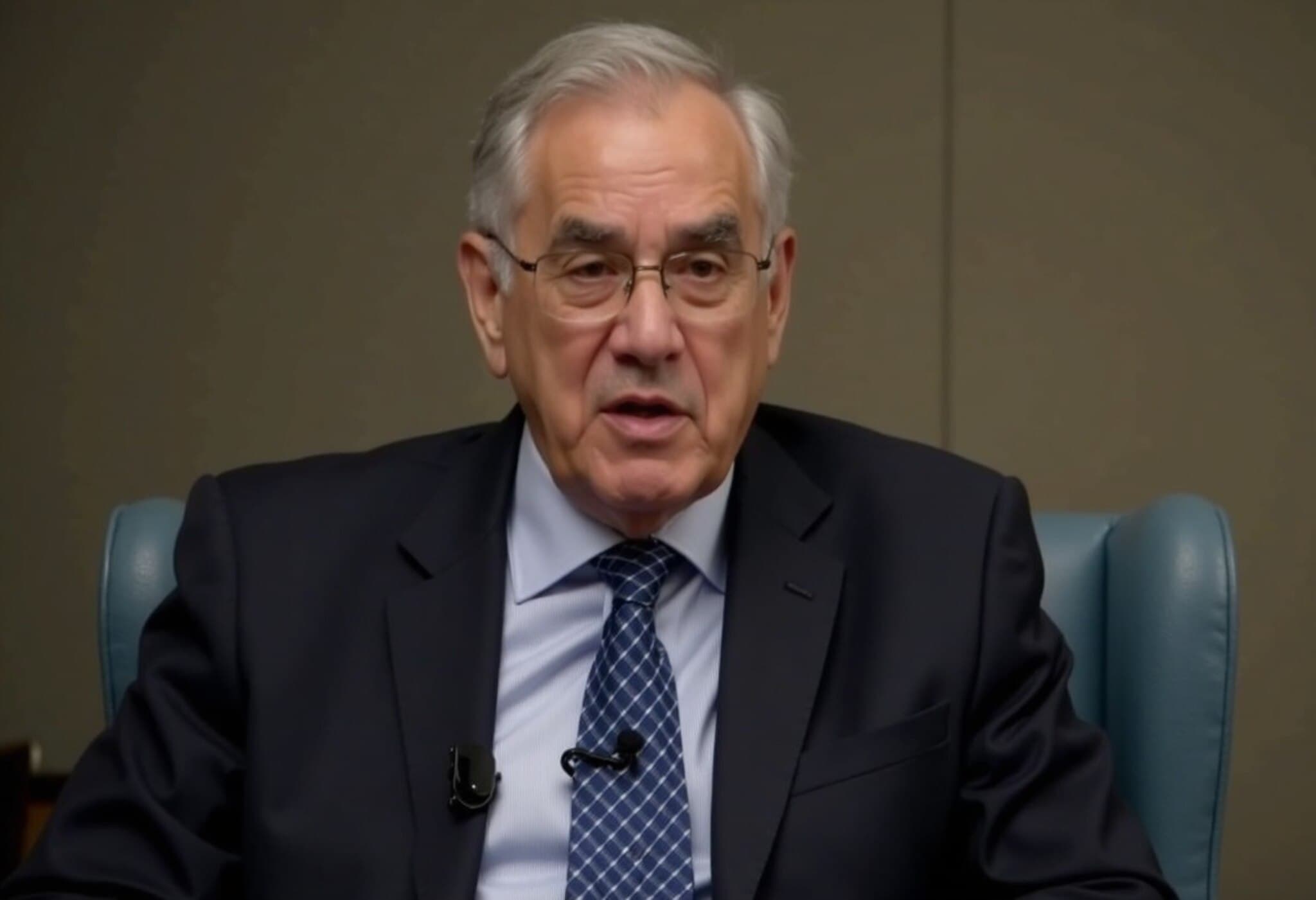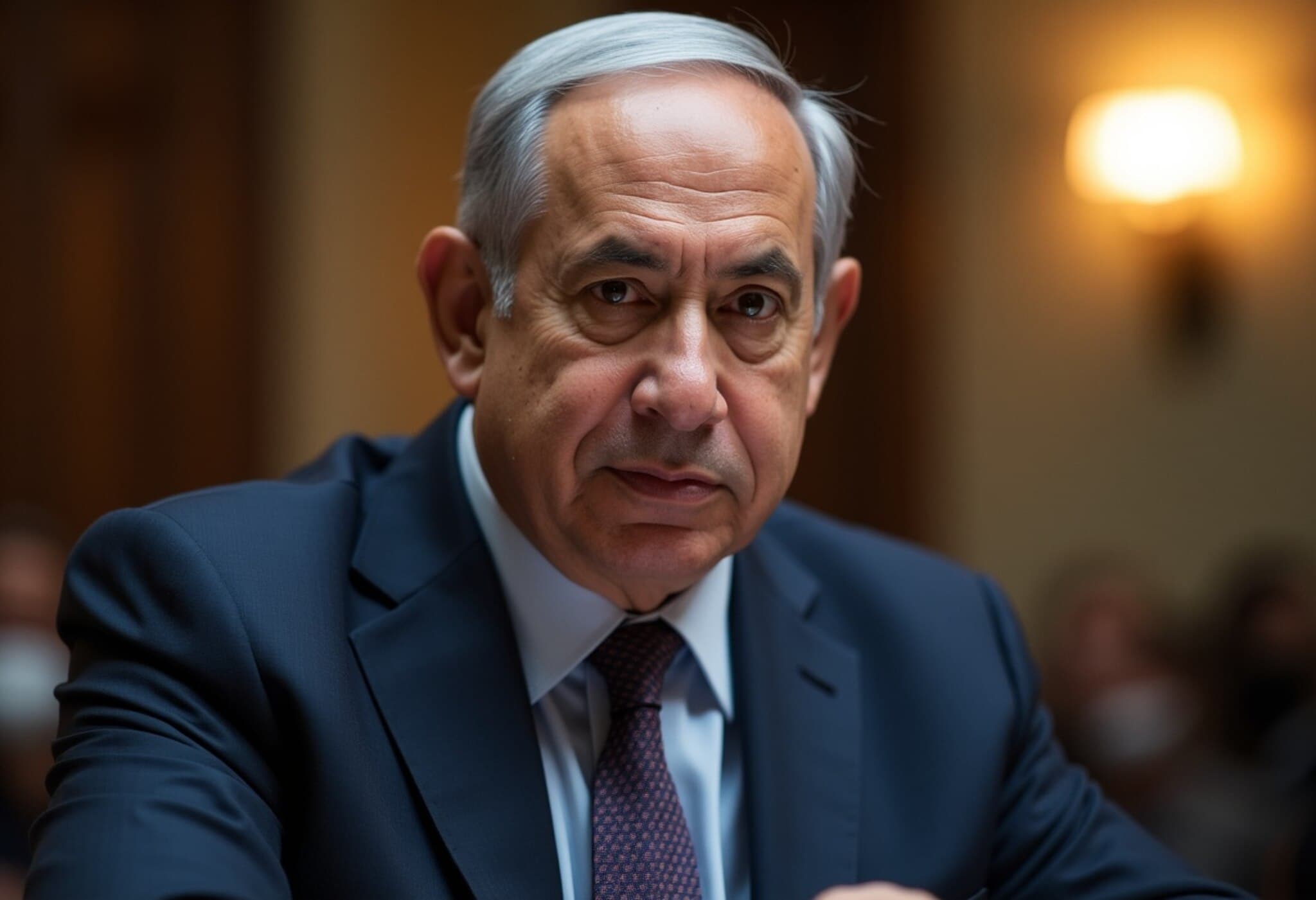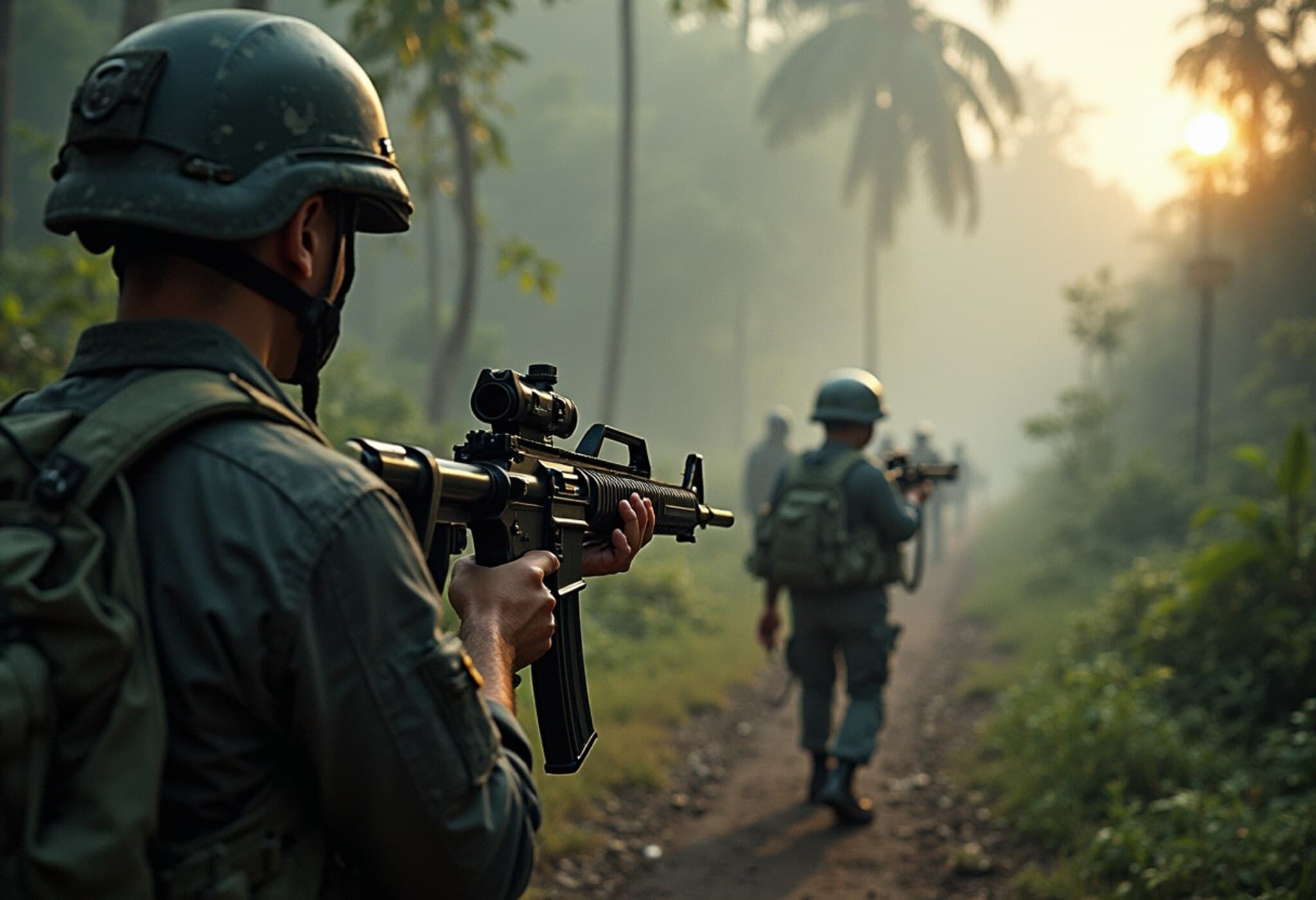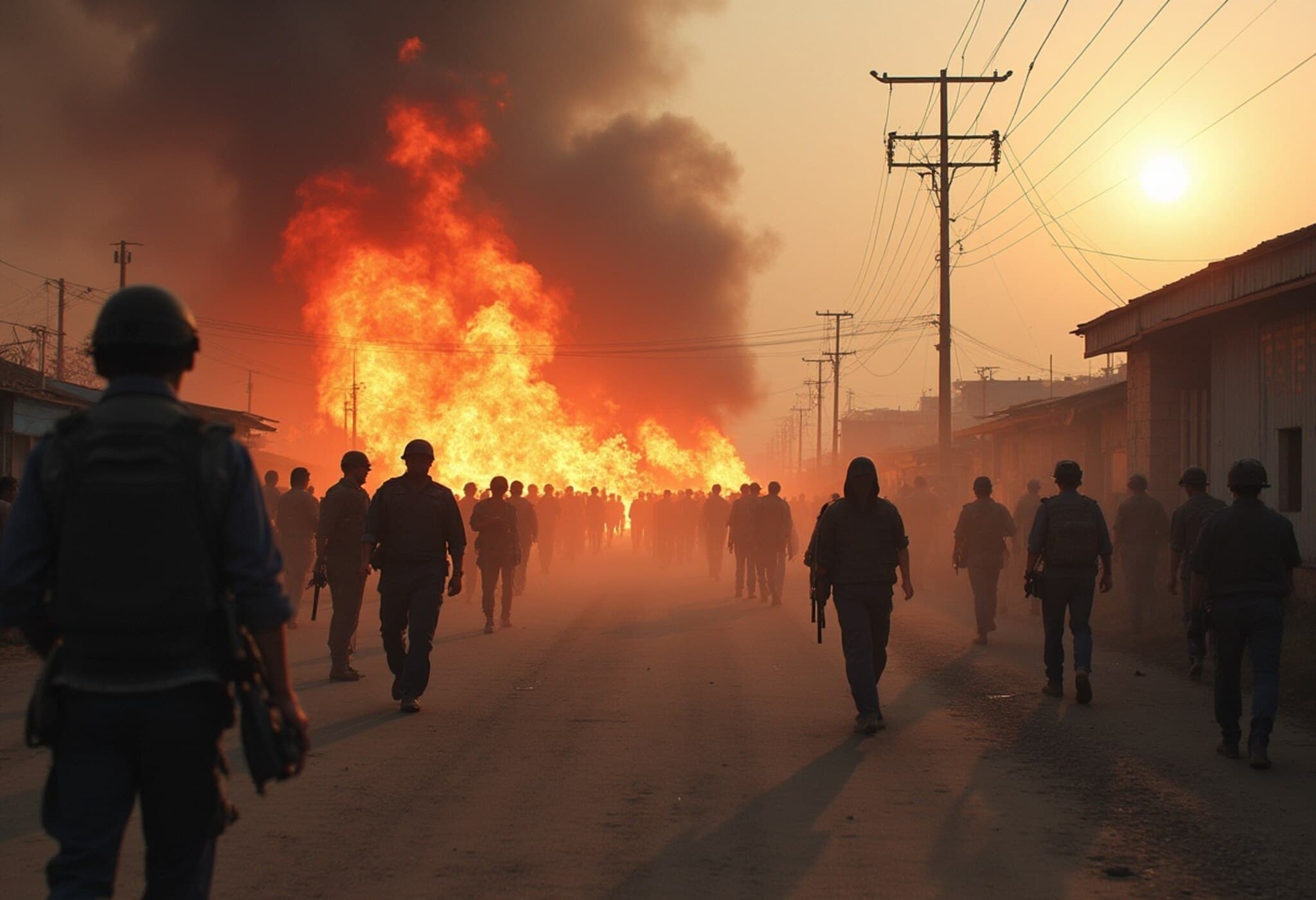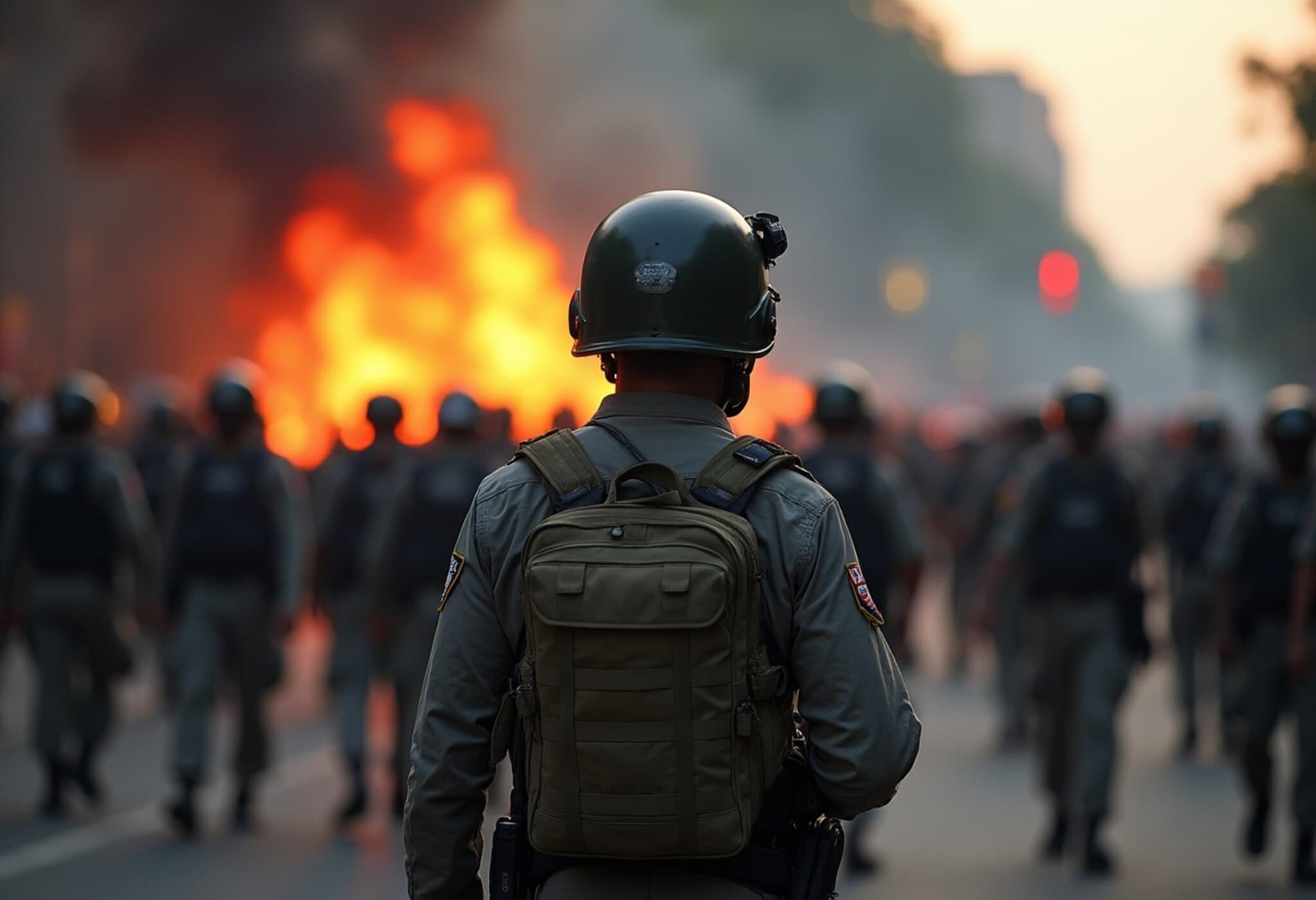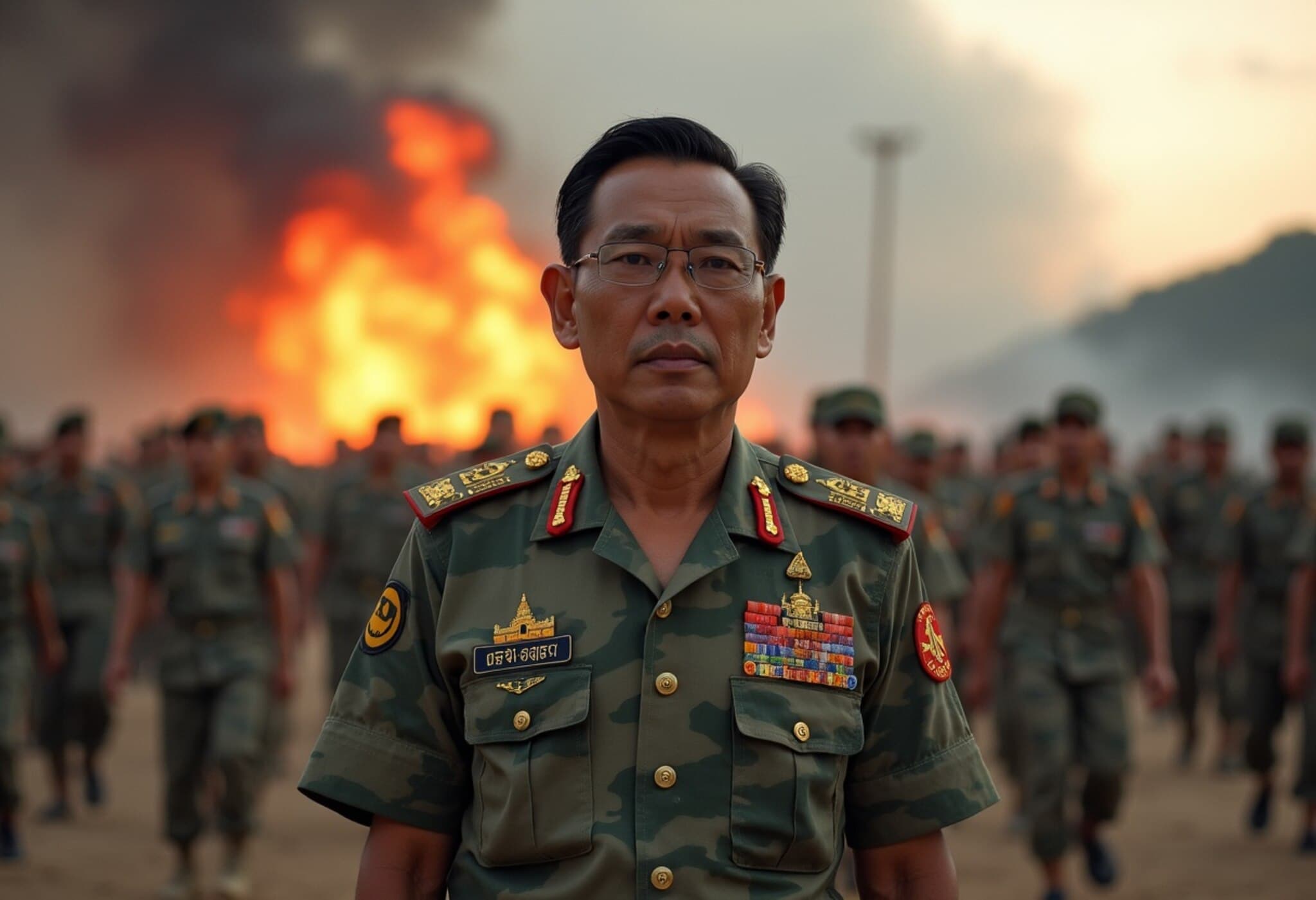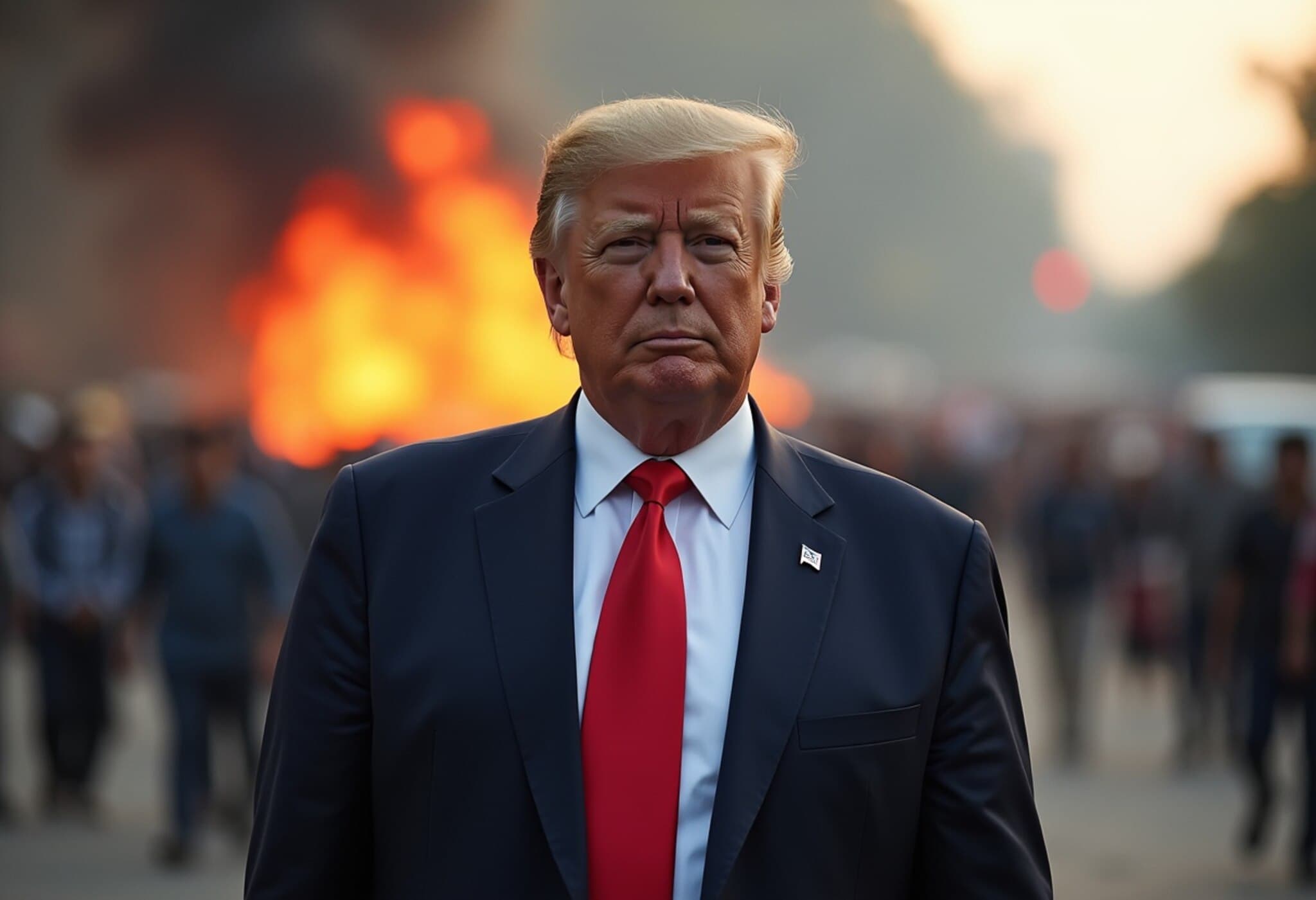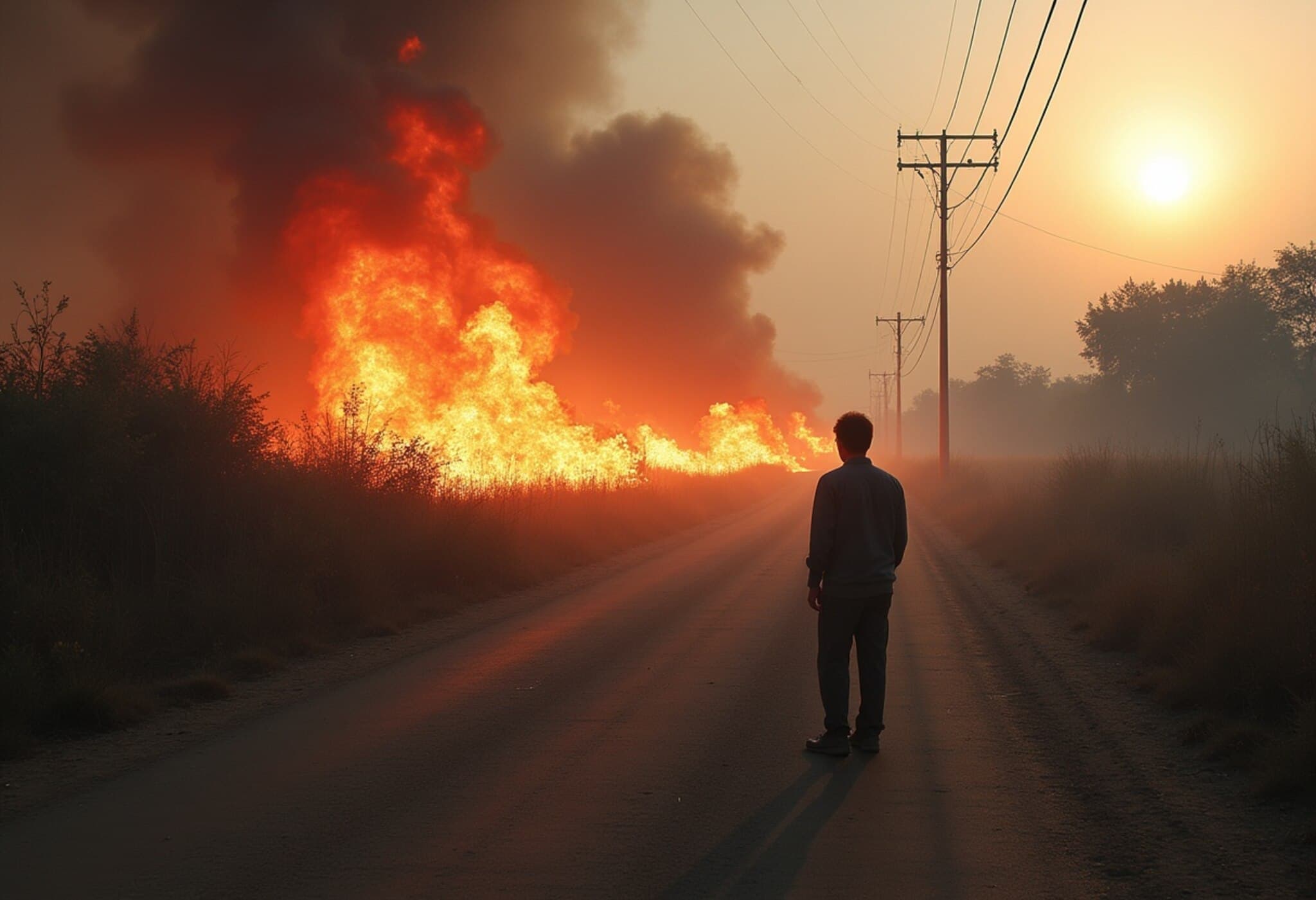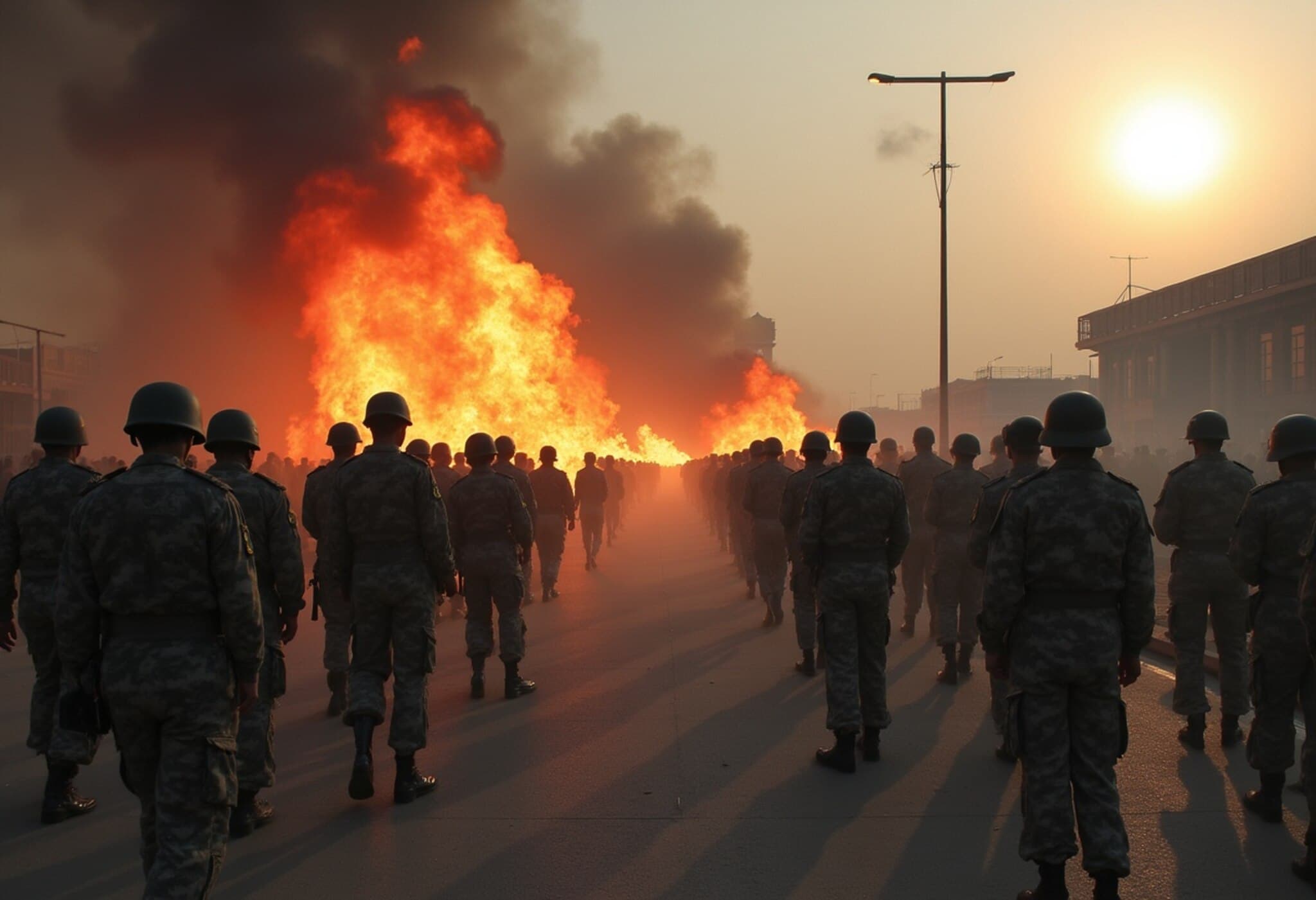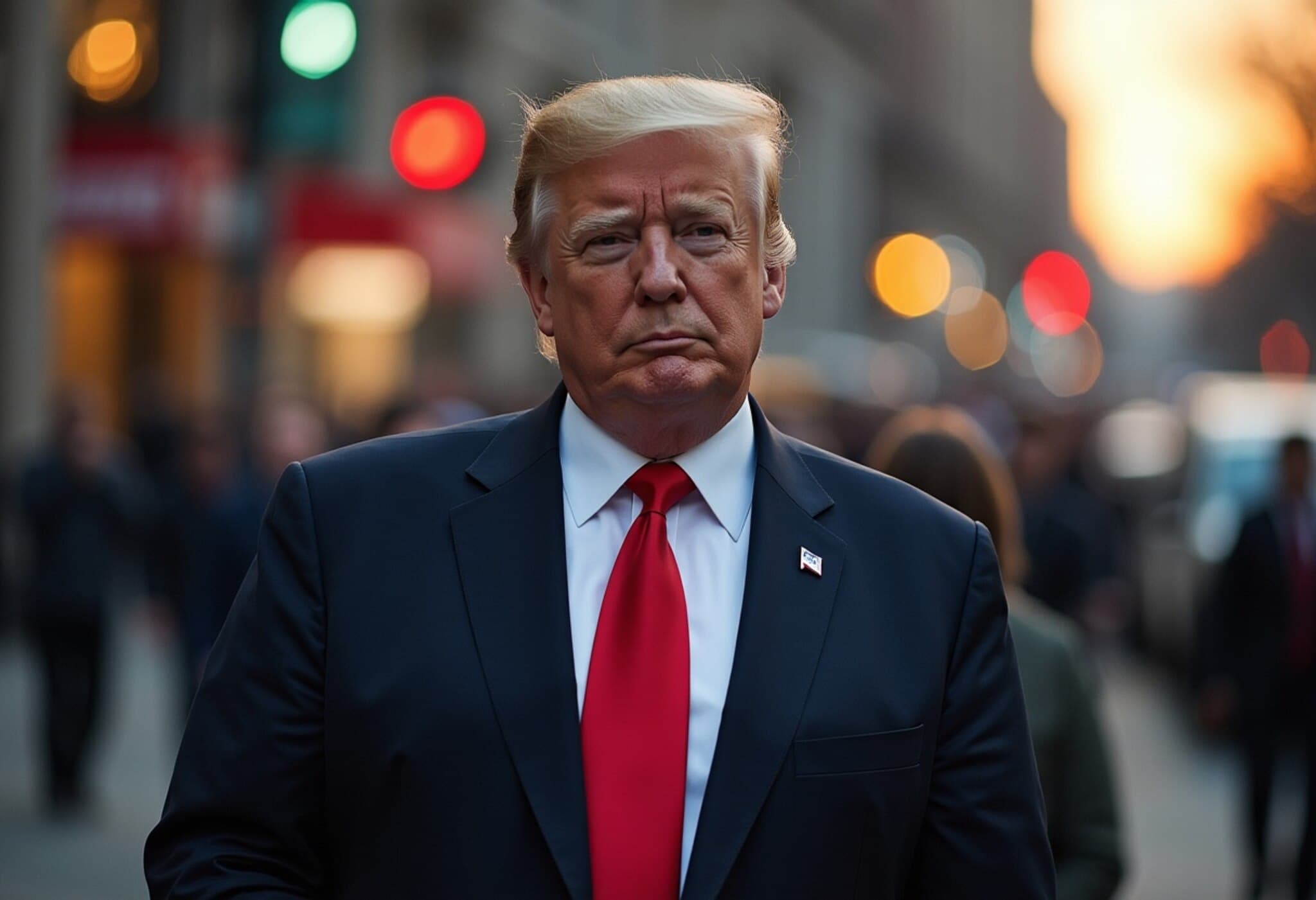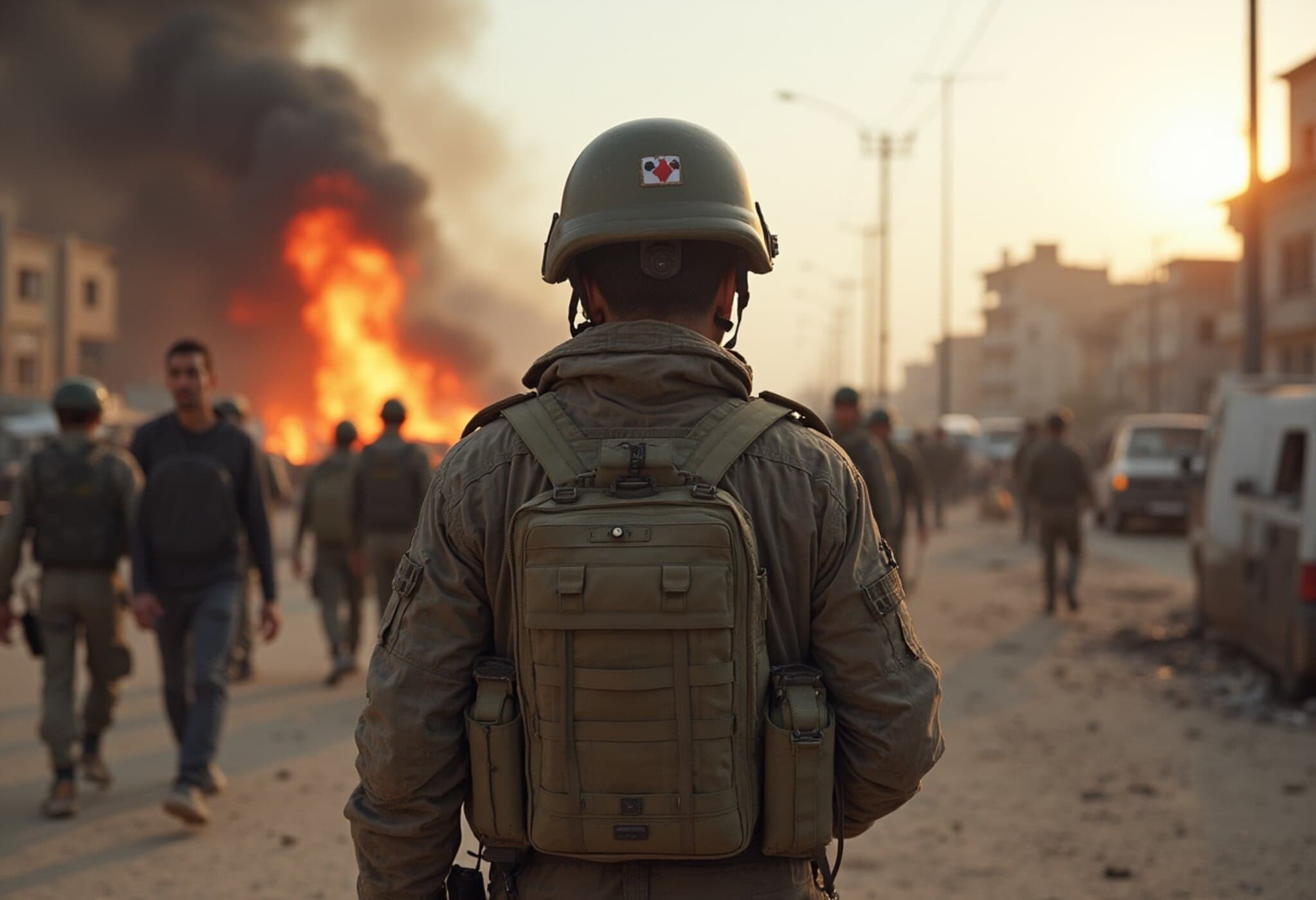The Personal Feud Behind the Deadly Border Clashes
In a sudden and dramatic shift, decades of alliance between two of Southeast Asia's most influential leaders have collapsed, igniting deadly violence along the Thailand-Cambodia border. The clash isn’t merely territorial; it’s personal. Thaksin Shinawatra, the former Thai prime minister, publicly declared an end to his 33-year-long friendship with Cambodia’s long-serving strongman, Hun Sen, after a phone call involving their children escalated into political fallout.
A Brotherhood Torn Apart
Once described by Thaksin as being “like brothers,” the two leaders shared intertwined political legacies with their children ascending to significant power nearly simultaneously. This dynastic ambition seemed to bind Thailand and Cambodia together amidst longstanding border disputes.
Thaksin, 75, expressed his shock and dismay over the recent developments: “How could this even happen?” This public rupture surprised political insiders accustomed to their discreet decades-long cooperation.
From Cooperation to Confrontation
For years, Thaksin and Hun Sen collaborated on regional projects, including a notable 2001 memorandum aimed at joint oil and gas exploration in the Gulf of Thailand. However, political resistance and internal rivalries in Thailand stalled these ambitions. Even after Thaksin was ousted in the 2006 military coup, Hun Sen remained a staunch supporter, providing political refuge and appointing Thaksin as an economic adviser to Phnom Penh.
The Violence Unfolds: Border Clashes Turn Deadly
In July 2025, rising tensions boiled over into violence with Thai and Cambodian troops engaging in the deadliest clashes in more than a decade along their shared frontier. Both leaders seized social media to fire barbs at each other. Thaksin indicated he preferred to let the Thai military “do their duty” rather than seek immediate mediation, signaling a hardening stance.
Hun Sen responded sharply, warning that the conflict would only bring suffering to the people, while painting Thailand’s internal disorder as a justification for Cambodia’s one-party governance. His son, Hun Manet, Cambodia's current prime minister, positioned the crisis as a nationalist rallying point, suggesting their system offered stability in contrast to Thailand's political disarray.
Political Undercurrents and Regional Implications
- Thailand’s Political Shifts: Thaksin’s return from exile in 2022, via a controversial power-sharing deal with Thailand’s royalist-military establishment, alienated many core supporters, weakening his political influence.
- Cambodia’s Nationalism Surge: Hun Sen and his government capitalize on Thai turbulence to consolidate nationalist sentiment, appealing even to domestic opposition by asserting rightful claims over disputed border temples.
- Regional Stability at Risk: Experts warn that the personal animosity between these leaders risks spiraling beyond military skirmishes into prolonged diplomatic and economic fallout, with broader implications for ASEAN unity and regional security.
Expert Commentary: What This Means for Southeast Asia
Historian and political analyst Dr. Angela Tran notes, "The breakdown between Thaksin and Hun Sen is emblematic of how personalist politics can profoundly impact international relations in Southeast Asia. It’s a stark reminder that unresolved territorial disputes, compounded by egos and dynastic ambitions, can quickly escalate into violent confrontation."
Meanwhile, legal experts highlight concerns over sovereignty claims around the disputed temple complex along the border, which have long been a source of tension but now take on heightened significance amid the confrontation.
Looking Ahead: Questions for a Fragile Future
With military posturing replacing diplomatic dialogue, the risk of further escalation looms. Key questions remain:
- Can ASEAN or international actors mediate to de-escalate tensions, considering the personal histories involved?
- How will these clashes affect economic ties and cross-border cooperation, especially given previous joint energy projects?
- What does this conflict indicate about the role of dynastic politics in shaping regional security?
Editor’s Note
The violent flare-up between Thailand and Cambodia transcends traditional geopolitical rivalry, rooted deeply in a fractured personal alliance that once promised regional partnership. As these two nations grapple with history, politics, and family ambition, the stakes extend far beyond their borders. For observers and policymakers alike, this is a vivid case of how intertwined leadership dynamics can redefine diplomatic landscapes—and why understanding these human elements is essential to crafting lasting peace.

